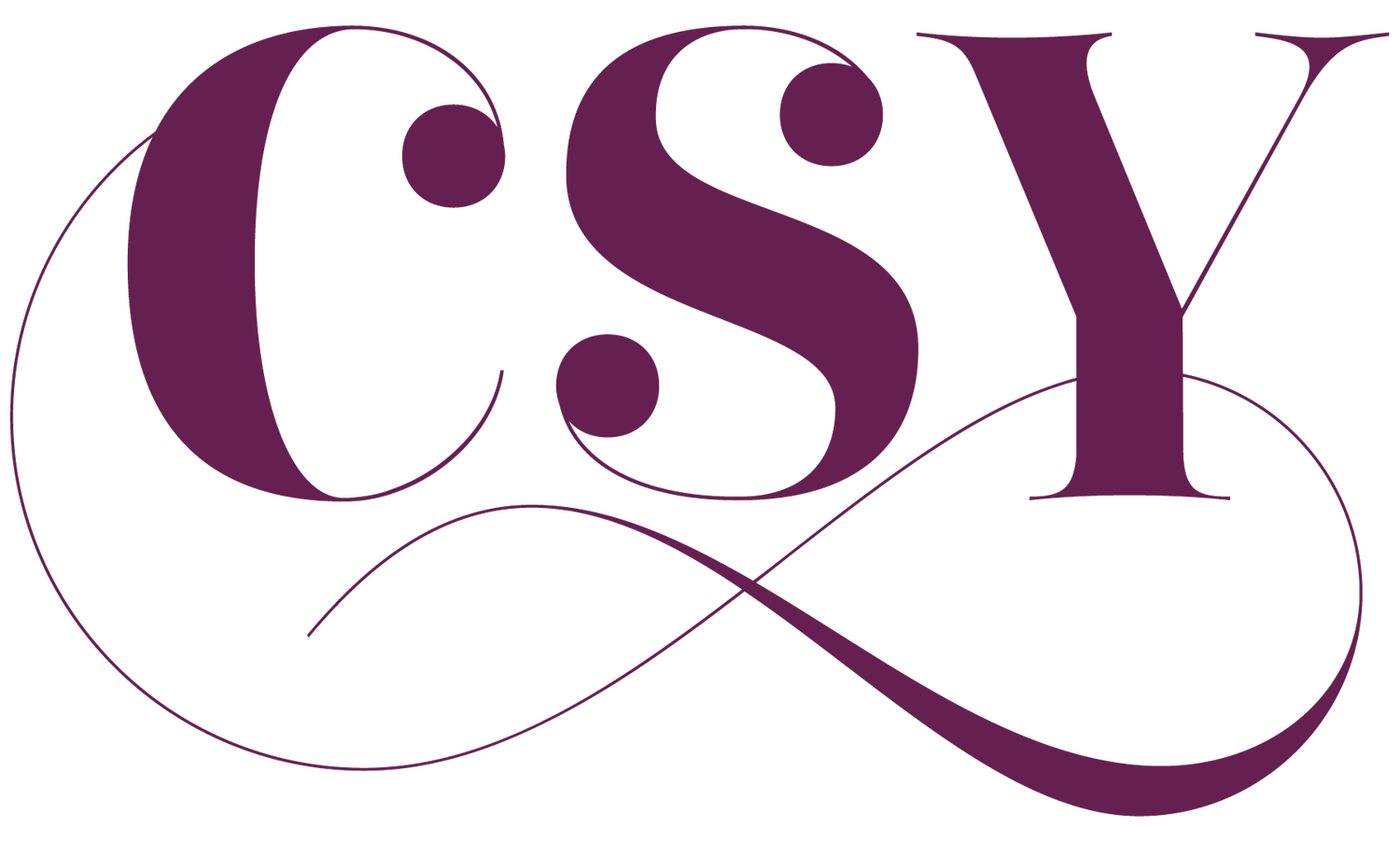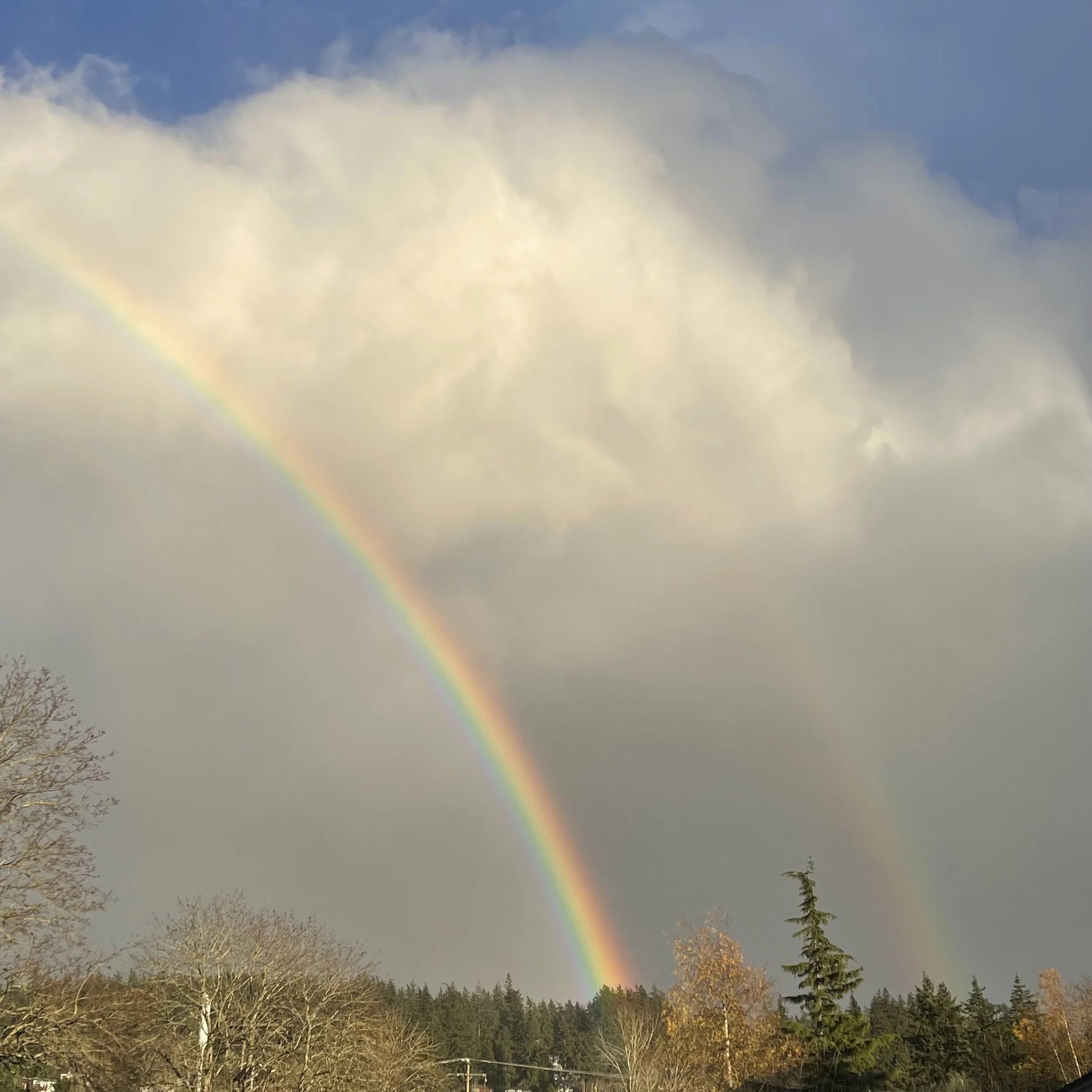Trusting the Process
My teacher used to say that there are three time when we are most available to Divine Influence: 1.) when we are laughing, 2.) when we are praying and 3.) when we thinking nothing is going on.
I have been thinking about this idea this week as I have been teaching because I am watching myself teach from some insights I gleaned during last weekend’s teacher training. I had the brilliant Claudette Evans come and share a “brief” overview of tantra (that spanned a few thousand years) and Dr. Tiffany Denny gave a great presentation on the structure and function of the shoulders. Both women did a great job sharing their expertise and their teaching stimulated great conversations in our group.
To be clear, it wasn’t really laughing, praying or nothing going on, but the experience reminded me of something I have found to be true about the learning process— learning outcomes are not always obvious or recognizable inside the obvious or designated learning environment. Many times, I recognize learning outcomes after-the-fact, over time, in and through the various means and methods of practice and teaching that help me integrate a new lesson with my already-existing body of knowledge and experience.
A lot of our group’s conversation after the philosophy lecture revolved around the question “Do we really need to study philosophy to teach a good asana class in the modern yoga milieu?” I am in the camp of teachers and teacher trainers who think we do not have to teach philosophy for an asana class to be beneficial. Probably a different post for a different day, but I think the poses work so well that they get most of the work done anyway and for various reasons it can be better to stick to shapes and actions and allow people come to their own conclusions and insights as to how the principles and poses apply to their lives spiritually and/or psychologically.
Please note— I love philosophy studies, Big Ideas, and considering the largest possibilities for practice, rather than arguing for the smallest. And the student in the training who posed this question to our group is also a Big Picture person. I am not talking about whether philosophy can be interesting, helpful, or even somebody’s preference for a class. I am talking about whether or not philosophy is necessary for a class to be beneficial and I do not think it is essential. Feel free to disagree. I have changed my mind a zillion times on this since 1998 when I started teaching and if you have been teaching a while, you probably have also. And if you are new to teaching, chances are your mind will change more than once also, so be prepared for that. (Insert a little jingle here to the tune of Safety Dance “You can theme if you want to….. you can leave your theme behind…” )
Okay, I digress.
And you are welcome—You now can not stop singing Safety Dance.
My work here is through.
Oh right. Back to the entry.
Even though I took the side of the argument of “not necessary” over the weekend, I have personally found myself re-inspired by the connections between non-dual tantric philosophy, my studies in the Christian tradition, quantum physics, and the principles of joint-specific training I am learning through the Functional Range Systems. Wherever I look, I find the same pulsation of duality held by a singularity, which lives at the heart of tanta, as I understand it. There is no where where non-dual tantra is not. Which is kind of its whole thing, come to think of it.
At any rate, my point for today’s post is that I wasn’t listening to the philosophy lecture thinking “Oh, I have to share that in class.” And yet, sitting through a lecture and listening to things I have heard explained in various ways for over 25 years stimulated some inner connections for me after-the-fact. And while I have spent a lot of time on shoulder structure and function over the years, I got some nuggets and nuances to share from this weekend and some clarification around “why” things I teach are so effective, rather than just the experiential reinforcement that they work. In the lecture, I had some ah-hah’s, but the insights are really coming alive in my classes so far this week, which has been very enlivening.
I find the same thing happens in the weekly class I take through my church. Some evenings the discussions are reviting, deep, and engaging. Other evenings the conversation seems to skim along the surface. Or so it seems. Without fail, insights, connections, and clarifications about my own journey unfold throughout the week following our meeting. I repeatedly say to myself, “Oh yeah, something was definitely going on underneath the surface of my awareness while I thought nothing was happening.”
For those of you who teach, I hope this entry helps remind you that the seeds you are planting in your classes— be those seeds anatomical, philosophical or attitudinal— may not grow roots and break through the ground of a student’s practice and field of appreciation until much later down the road. As a student, I hope these reflections help you trust the process you are in so that you can offer yourself some grace in learning moments that are boring, overwhelming, or that may seem irrelevant in the moment. I hope that such grace will help you remember that the value of the lessons you are being presented now may unfold in unpredictable ways further along your journey.
One of my teachers, when speaking of the demands of studentship, often remarks that “learning can be a demoralizing process” before learning becomes an empowering process. And in this day and age, waiting for a win is not easy. I get it. That being said, the process of learning and growth remains one of the deepest and most profound sources of hope I know, so I am going place my eggs in the basket of staying the course whether I am laughing, praying, or whether I think nothing is going on.
Keep the faith.
More soon.
Never Miss a Post
Subscribe to receive updates on Christina’s blog



